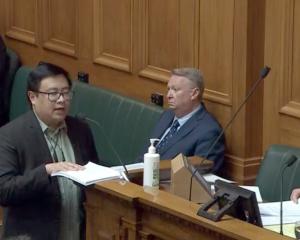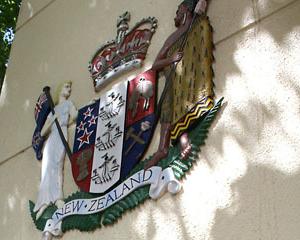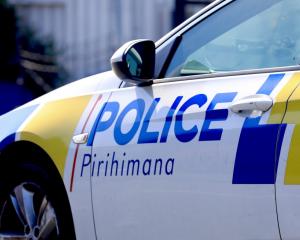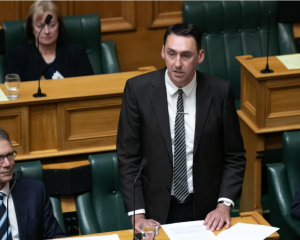Dozens of false passports were discovered during security checks before a new online passport renewal system was introduced last week.
New Zealand passports are highly sought after by criminal networks, and the 65 false documents found was a spike on the number discovered since tighter security measures were introduced in 2003.
The discovery by the Department of Internal Affairs was made during checks before the automatic process to enable adults to renew passports online was launched.
The online renewal system, which began on Friday, will save passport holders up to $28.80.
But in a bid to "cleanse" the database before it began, 4.5 million passport photos were matched against each other by facial recognition technology - a total of 21 trillion biometric checks.
Of those, 210,000 possible matches had to be checked by human eyes and most were discovered to be clerical or imaging errors or identical twins.
But the checks also found 65 passports or applications that are suspected to be false.
A falsely obtained passport is genuine, not forged, but the details do not match the real identity of the person in the photograph.
A DIA spokeswoman did not rule out further false passports being discovered through the data-matching process.
Of the 65 suspected false passports, 30 had been referred to the police for further investigation.
"There are a number where the offender appears to be now living overseas, outside of New Zealand jurisdiction, or some where the offender has died, and the balance are ones we are still gathering evidence about."
DIA general manager of passports David Philp has previously told the Herald most passport fraud was committed by New Zealand citizens who had genuine passports but sought another in a fake identity.
"That could be for a whole lot of reasons," Mr Philp said. "They may want to travel to a country where their criminal record may stop that, they may want to travel to a country where they have convictions, or they're involved in financial fraud or organised crime."
The introduction of data-matching with the deaths register - so passports are automatically cancelled when someone dies - led to a decrease in the number of false passports.
Today's passports, which have an electronic chip, are harder to forge than the old-style documents.
Passports must now be renewed every five years, which also reduces the likelihood of fraud.
New Zealand's reputation as a law-abiding nation makes its passports valuable to criminals and others wanting to escape detection.
- Jared Savage












